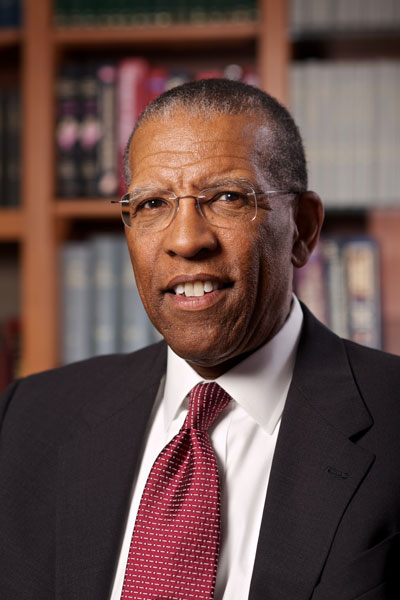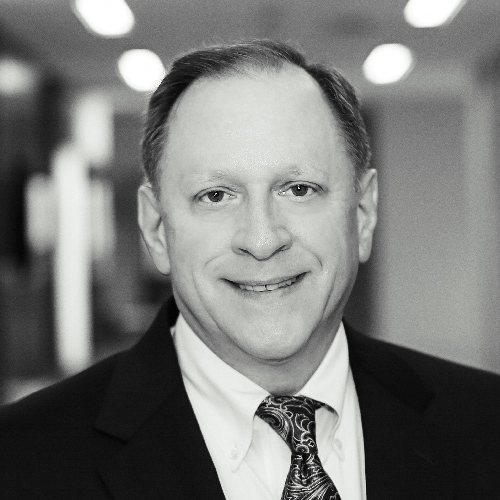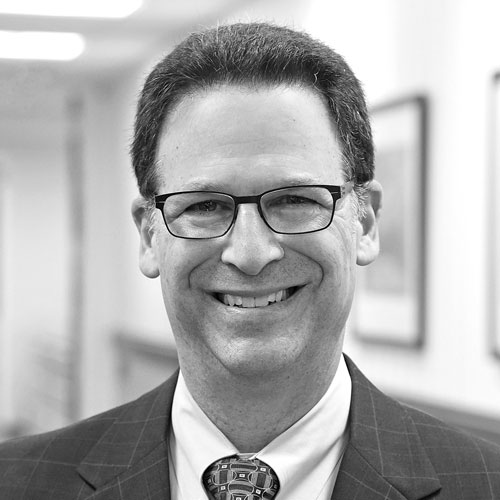If anyone has had a front-row seat for the topsy-turvy world of healthcare over the past four decades, it’s Brent Henry. He retired this June from his position as VP and general counsel with Partners HealthCare in Boston, a nonprofit hospital and physicians network that includes Brigham and Women’s Hospital and Massachusetts General Hospital, two of the nation’s most prestigious medical institutions. Before joining Partners HealthCare, Henry worked in New York City’s Medicaid program and with what has become MedStar Health, which now operates more than 120 entities, including ten hospitals in the Baltimore-Washington, DC, metropolitan area. Throughout his career, he has seen the industry transform itself, witnessed the birth of “RomneyCare”—the Massachusetts plan that was in large part the blueprint for the Affordable Care Act—and now is leaving the industry with the future of healthcare in the United States in flux.

Henry, originally from New Jersey, graduated from Princeton’s Woodrow Wilson School of Public and International Affairs and went to law school because he really didn’t know what else to do. “People advised me to go to law school and keep my options open,” he says. “It was a means to an end.” Henry was accepted at Yale, where he earned a JD and a master’s degree in urban studies. “This was the late 1960s, when cities were burning, so I thought urban affairs would be an interesting challenge,” he says.
Henry wanted to get into real estate law and accepted a job at Jones Day in Cleveland. But the recession of the mid-1970s prevented much real estate development, and in 1978, a friend called him about coming to work in New York City for the administration of incoming Mayor Edward Koch. “New York was coming out of bankruptcy, and Koch was bringing in a whole new team, recruiting thirty-somethings, and I was one of them,” Henry says. He interviewed with Koch, who asked which of three jobs he might want. “The only job [Koch] could articulate his goals for was director of Medicaid,” Henry says. “I was a fledgling antitrust lawyer, but he was clear about what needed to be done, and I was willing to take a chance.”
“I wanted to be a healthcare lawyer, and this got me back to practicing law. Healthcare is an incredibly complex industry, with lots of regulations. I see law as a tool to solve problems.”
Henry was charged with automating the provider payment system, renegotiating the first HMO Medicaid contract, and downsizing a nine-hundred-person unit that was paying healthcare providers with handwritten checks. Emerging from that experience, he realized he’d rather be a lawyer than a manager, but he was hooked on the healthcare industry. When his leave of absence from Jones Day ended eighteen months later, he agreed to come back to its Washington, DC, office. “I wanted to start a healthcare practice,” he says. “But the firm didn’t see this as a growth area for them at the time, so I left after three years.”
Henry then took a job as chief of staff with a DC hospital. “The CEO said he didn’t need a lawyer. He was running the hospital and said he could teach me what it’s like to work in the healthcare industry,” Henry says. “He said, ‘With your talent, in two years, you will move on.’” Two years later, Henry was lured to what is now MedStar, taking a role as general counsel. “I wanted to be a healthcare lawyer, and this got me back to practicing law,” he says. Henry likes the legal side because healthcare is incredibly complex and highly regulated, and he sees law as a tool to solve problems.
The Power of Listening
Brent Henry tells young lawyers to make choices that maximize their options. He also stresses they get to know their community and give back to it. “The most important ingredient to my success has been learning to be a good listener,” he says. “Understand your colleagues’ and clients’ needs and concerns, and communicate your recommendations clearly. People don’t have time to wade through a lot of legalese.”
In 2002, he was recruited by Partners, which has now grown to $12 billion in revenue and almost seventy thousand employees. In this role, he led a staff of twenty-five lawyers that handles all the legal functions for the vast organization that includes community and specialty hospitals, a managed care organization, a physician network, community health centers, home care, and other health-related entities. He also advises the board of directors and C-suite executives and oversees upwards of five hundred lawsuits at any given time.
“This has been one of the best jobs I’ve ever had,” he says. “My colleagues are some of the brightest, most committed, and hardworking people that I have ever worked with. We are all trying to find solutions to significant problems every day. People are amazed at how little work we send out, because my colleagues can handle a broad range of content with their deep experience. We negotiate our own deals, do our own investigations, and handle cutting-edge research issues. There are always unique problems that keep me and my colleagues on our toes and make sure we enjoy what we do.”
Henry says that the past decade or so has been the craziest time in the world of healthcare. And he also acknowledges that it is hard to predict what comes next. “I am intrigued to see what happens,” he says. “This will be one of those exciting cycles in healthcare, and I expect to keep working on a part-time basis. But I also am looking forward to retirement.”


